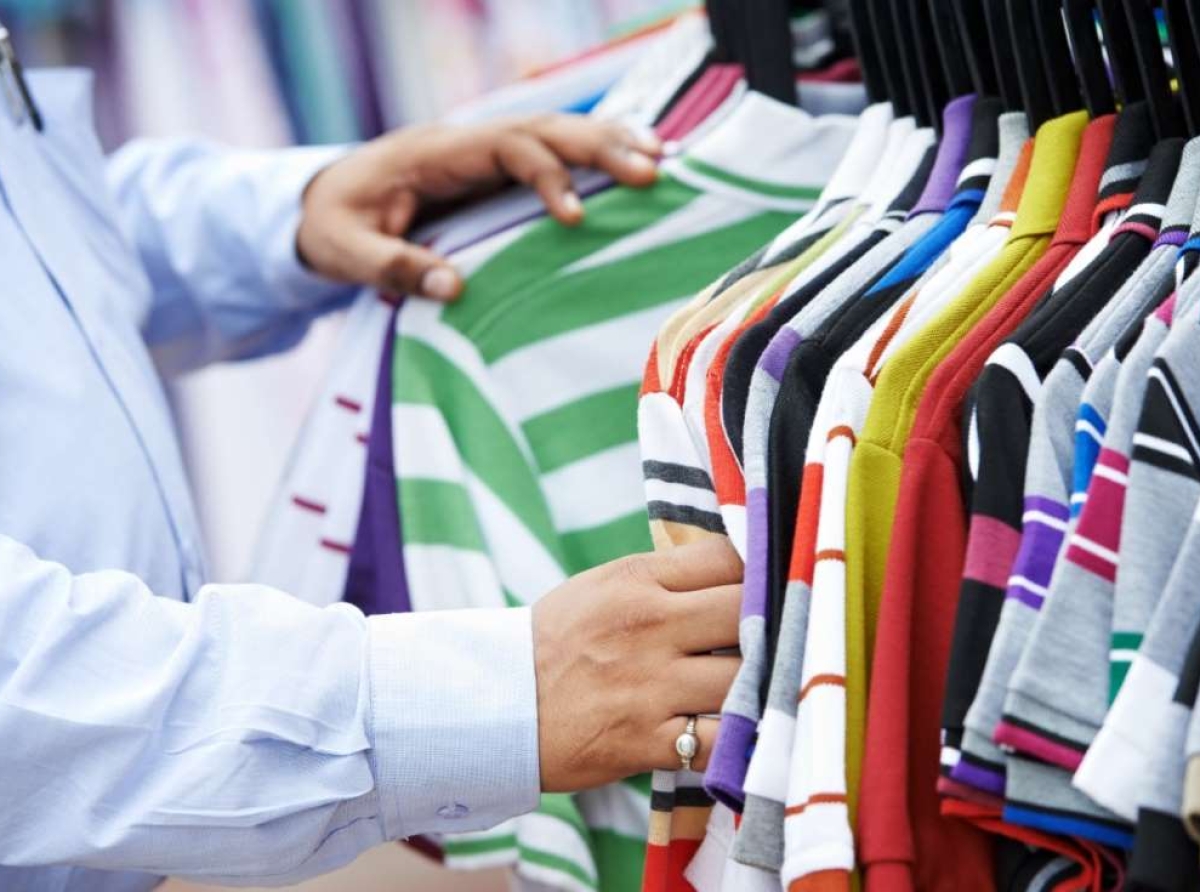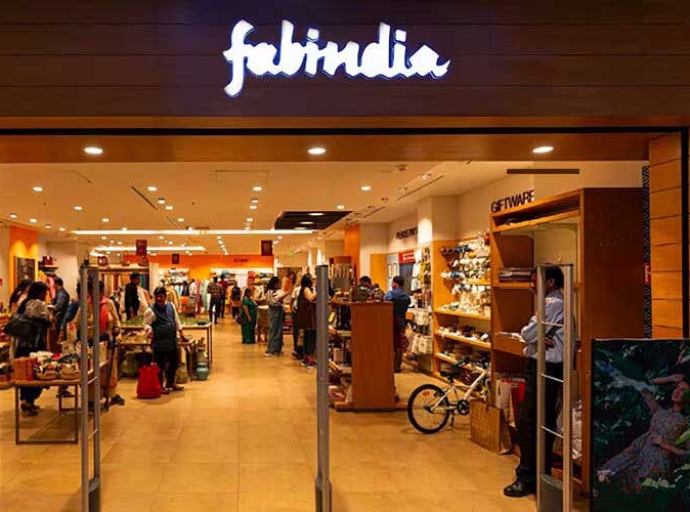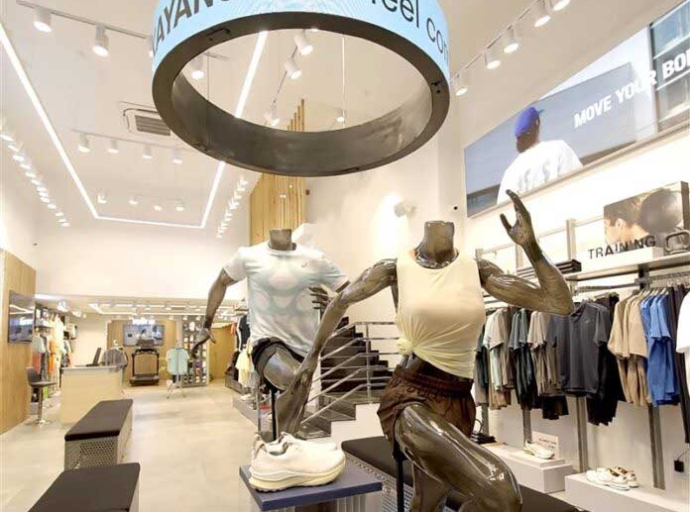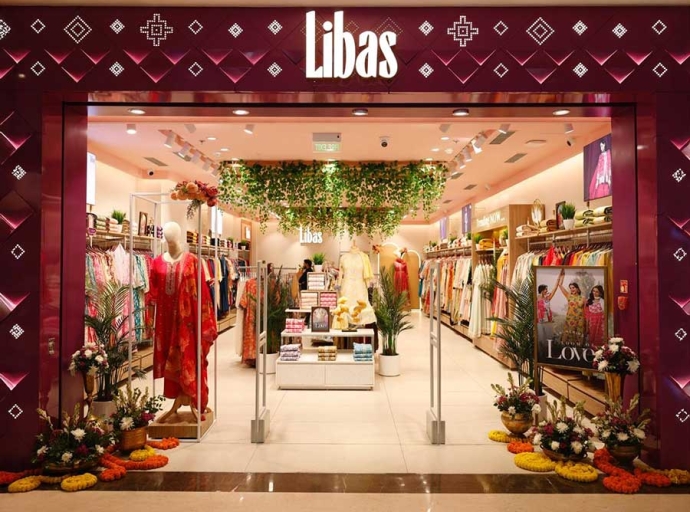India’s retail market is set to grow to $2 trillion within the next decade from $820 million valuation observed in 2023. The market is projected to sustain a steady growth rate of 9-10 per cent over the period.
According to a report by the Boston Consulting Group (BCG) and the Retailers Association of India (RAI), this anticipated growth is attributed to a fundamental change in consumer behavior, with a notable shift towards experiential consumption such as travel and entertainment, overshadowing traditional product purchases. This shift has reshaped expenditure patterns over the past few years, prompting a reassessment of consumer spending habits.
Despite facing short-term hurdles such as a recent dip in year-on-year growth and subdued performance by certain large retailers, the organised retail market in India has demonstrated consistent growth amidst broader economic fluctuations. BCG highlights that profitability has generally remained steady and in line with global counterparts.
Since 2010, India's retail sector has soared over 200 per cent from a $250 billion valuation. This growth has been propelled by an expanding middle class and the entry of major international fashion and food chains.
Namit Puri, Managing Director and Senior Partner, BCG, says, the success in the retail sector hinges on retailers' capacity to refine their delivery models, harness artificial intelligence (AI) and analytics, and implement robust cost management strategies. Adapting to evolving consumer preferences and technological advancements is crucial for sustained growth, he adds.
The report by BCG tracks consumption trends across various categories, indicating a faster growth rate for services compared to goods. Additionally, there has been a noticeable increase in savings and investments among households, with a significant rise in demat accounts and health insurance penetration. Retailers are urged to align their strategies with these shifting patterns to capitalise on emerging opportunities.
Consumers are increasingly gravitating towards premium products, driving demand for luxury goods across diverse categories. Affluent households, with annual incomes exceeding Rs 20 lakh, are playing a pivotal role in this trend, particularly in segments such as cosmetics, electronics, and leisure travel. Furthermore, store expansion is anticipated to persist, fueled by urbanisation and rising consumption across cities of all tiers.
Latest Publications


































